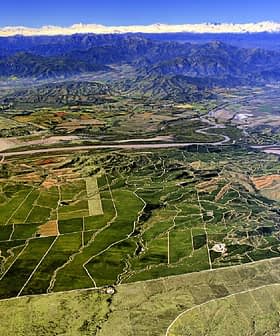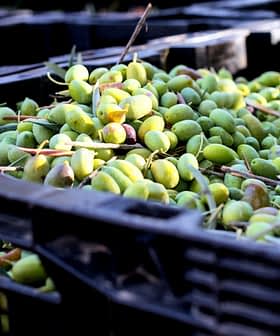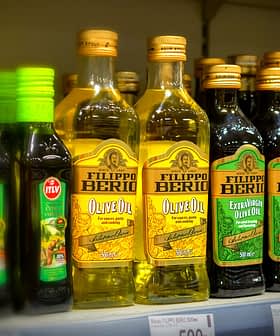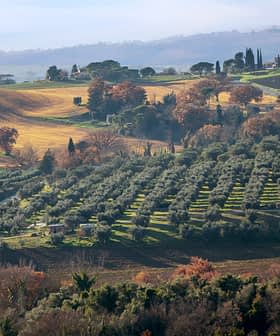Portugal's Skyrocketing Olive Oil Industry
In 2016, Portugal became the seventh largest olive oil producer and the fourth largest olive oil exporting country.
 Portugal's Douro Valley
Portugal's Douro ValleyPortugal has significantly increased its olive oil production and exports over the past decade, leading to a surplus trade balance of €170 million in 2016. Due to investments in irrigation and technology, Portugal has become the fourth-largest exporter of olive oil, with plans to further increase production to 120,000 tons by 2020.
Over the last decade, Portugal has quadrupled its production of olive oil and tripled its volume of exports.
The figures represent a radical shift in the country’s olive oil industry, effectively bringing an end to its olive oil imports and making it the fourth-largest exporter of the liquid gold.
According to Luís Vieira, Portugal’s agricultural secretary of state, the figures represent “a trade balance surplus of €170 million ($187 million) in 2016,” adding that Portugal has gone from a “net importer with a deficit of €50 million ($55 million) in 2008, to a surplus trade balance.”
See Also:This Year’s Best Olive Oils from Portugal

NYIOOC Award Winner Carm Premium, from the Douro Valley in Portugal
During the opening session of the National Olive Oil Congress in Valpaços, Vieira also noted that Portugal’s overall value of olive oil exports reached €434 million ($477 million) in 2016.
In 2016, Portugal became the seventh-largest olive oil producer and the fourth-largest olive oil exporting country, “reaching 434 million euros,” Vieira emphasized. The country’s success was due, in large part, to a combination of factors which altered the landscape of the industry.
New fields of irrigation were delineated, especially in the Alqueva region, and investments in innovative technologies soon followed. Once productive structures received an upgrade, Portugal’s olive oil industry, led by the south-central and southern region of Alentejo, soared to new heights.
The new reality led Vieira to believe that “olive oil production could reach 120,000 tons by 2020, largely as a result of the introduction of new olive groves.” The country’s production in 1990 was 20,000 tons meaning, if Vieira’s estimate proves accurate, Portugal will have increased production six-fold in 30 years.
Investment policies in the sector have played a key role in Portugal’s emergence as a major olive oil producer and exporter. Between 2007 and 2014, the Rural Development Program (PRODER) provided support to some 4,000 investment projects amounting to €700 million ($769 million).
The numbers described, after a period of stagnation and lack of investment in the agricultural sector, are clear evidence in Portugal’s restructuring of a vital industry. And olive oil production has been at the forefront of the changing tide.









